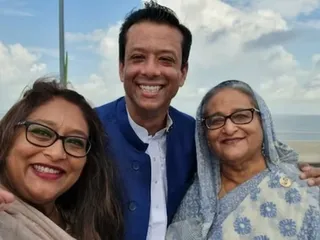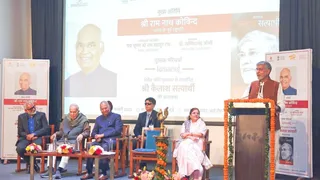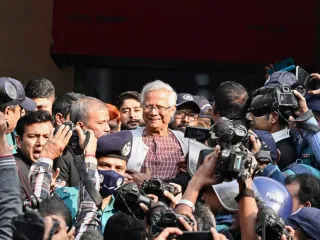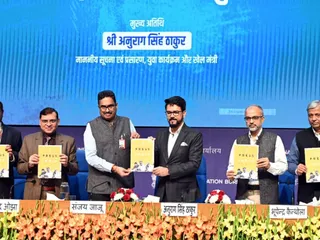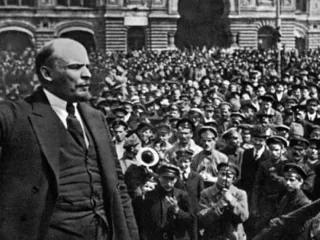Annie Besant (1847-1933) was a truly remarkable figure, a woman whose life spanned extraordinary social and political change, leaving an indelible mark on multiple fields. Born in London, she initially embraced a conventional life, marrying and having a child before embarking on a radical transformation that would define her legacy.
Besant's journey began with a fascination with socialism, driven by her witnessing the stark inequalities prevalent in Victorian England. She became a prominent voice in the Fabian Society, an influential socialist organization, advocating for workers' rights and social justice. Her involvement in the socialist movement led to considerable public attention, solidifying her reputation as a fierce and eloquent speaker.
However, Besant's intellectual curiosity led her to explore esoteric spiritual teachings, which ultimately steered her toward Theosophy. In 1889, she joined the Theosophical Society, initially under the guidance of Helena Blavatsky and subsequently becoming its President. Her mastery of public speaking and her ability to articulate complex spiritual concepts brought Theosophy to a wider audience, significantly contributing to the organization's growth and global influence. Theosophy's teachings, emphasizing universal brotherhood and the exploration of higher consciousness, deeply resonated with her socialist ideals.
Besant's influence expanded far beyond the realm of esoteric thought. She became a passionate advocate for women's rights, a vocal supporter of the suffrage movement, and a tireless campaigner for educational reform. Her belief in the empowering potential of education led her to establish numerous schools and educational initiatives, aiming to provide quality education to all, regardless of social class or gender.
A significant turning point in Besant's life occurred when she moved to India in 1893. There, she quickly became a prominent figure in the Indian independence movement, advocating for home rule and actively challenging British colonial rule. Her fiery speeches and unwavering commitment inspired Indian nationalists and played a pivotal role in shaping the burgeoning Indian independence movement. She founded the Home Rule League, fostering a sense of Indian self-governance and empowering Indian voices. Her involvement with the nationalist movement, however, led to her arrest and imprisonment by the British authorities.
The complexity of Annie Besant's legacy lies in the apparent contradictions that shaped her life. Her embrace of socialism, Theosophy, and Indian nationalism represent a fascinating interplay of ideologies and commitments. Some have criticized certain aspects of her later work, particularly her involvement in the promotion of Jiddu Krishnamurti as the World Teacher. Nevertheless, her enduring contribution to the social, political, and spiritual landscape of the late 19th and early 20th centuries cannot be denied. Annie Besant remains a testament to the transformative power of unwavering conviction and courageous action.





